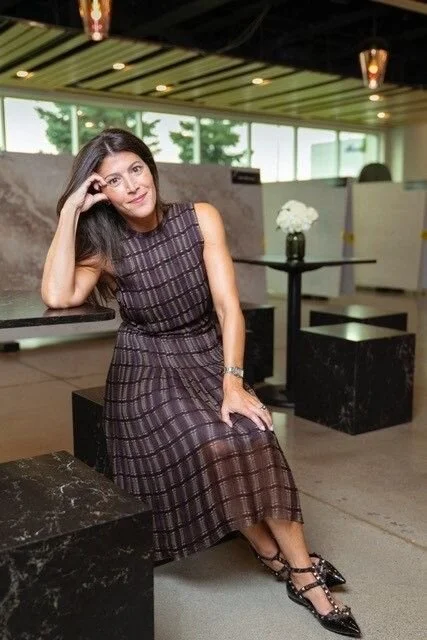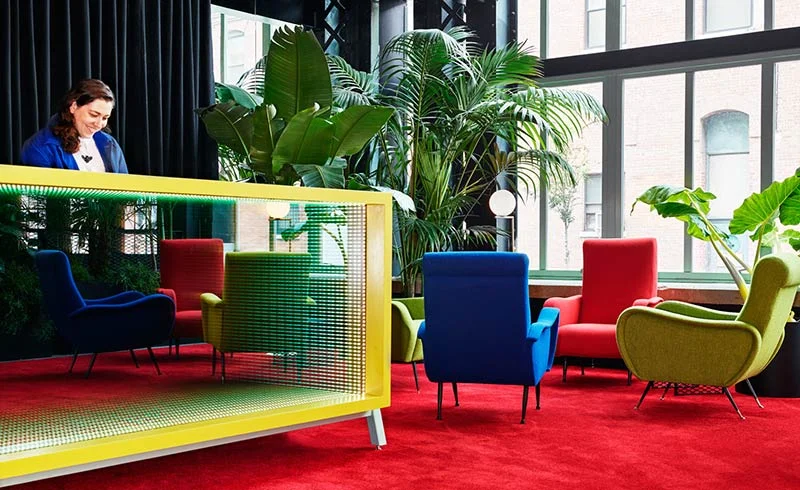Coworking behemoth WeWork earned a jaw-dropping $16 billion valuation, just as the coworking economy nationwide posted a stellar 10 percent growth rate last year. And new, more specialized spaces, including The Wing, a coworking hub for women, have opened, giving freelance workers more options than ever to find a comfortable place to be creative.
While the these new types of trendy workspaces have enjoyed impressive growth, it’s not all good news in the world of coworking. A new report by global planning, design, and architecture firm HOK, Coworking: A Corporate Real Estate Perspective, looks beyond the meteoric rise and offers a sober assessment of the coworking business. The overarching theme is: don’t believe the hype.

























